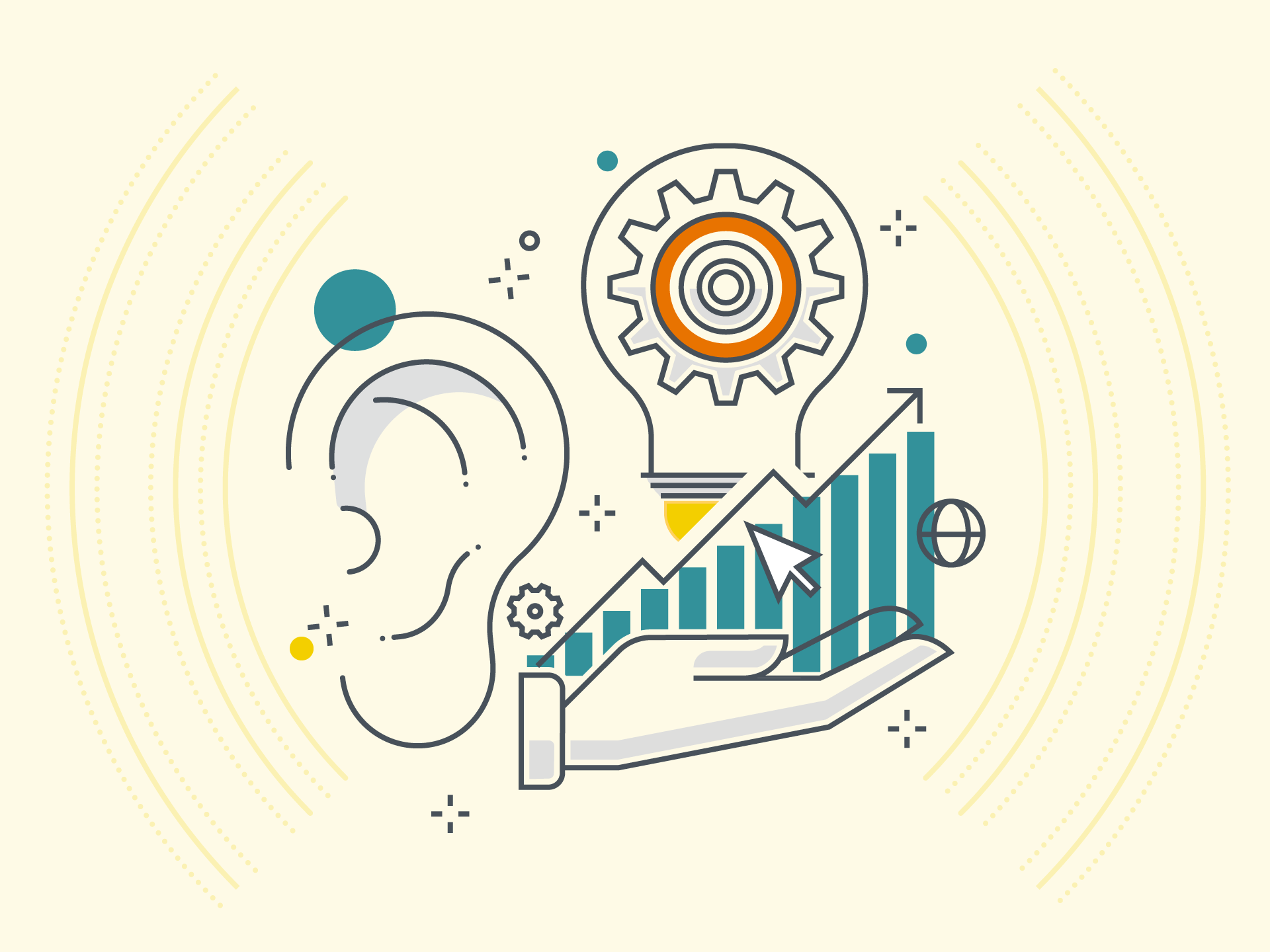

 Article
Article

AI companions are designed to support the individual but what is the impact on broader society? Don’t we as humans get something out of supporting each other?
How close are we to fully automated vehicles and how will transportation itself change as a result?
In this episode of Good Disruption, Mike Lenox and Yael Grushka-Cockayne are joined by Naomi Kaempfer, creative director for Art, Design and Fashion at Stratasys, to discuss how the fashion industry can benefit from 3D printing.

Good Disruption is a podcast series featuring lively discussion between Professors Yael Grushka-Cockayne and Michael Lenox, sometimes joined by industry experts. They examine cutting-edge technologies and practices, then make personal calls on whether they amount to good disruption, bad disruption or actually no disruption.
From the explosion of Generative AI to the evolution of the hybrid workplace, disruption has become the “norm” for business. How will business and society be shaped by disruption in 2024?
The proliferation of AI has given rise to fear of job replacement across many industries, including entertainment. The WGA and SAG-AFTRA went on strike, including in their demands protection from the use of AI by studios. Is this a real or perceived threat, and what is the potential impact on the consumer experience?
Remote work comes with emotional, societal and environmental benefits. Employees aren't tied to city centers with high costs of living, and reduced travel will lower greenhouse gas emissions. There are also benefits to firms, with research suggesting that remote workers are more productive. Yet challenges exist. How do we navigate this new normal?
What exactly is the metaverse? What are the challenges in building an interactive virtual world? Which technologies will get us there? How will players — particularly younger ones — be protected while engaging with others?
For many patients battling disease, working with their doctors to find the most effective treatment can be a painful exercise of trial and error. What if you could more precisely choose medications and customize treatment based on people’s genes, environment, and lifestyle?
Machine learning promises to increase the pace and volume of content released by artists and makes music and composition more accessible to budding new artists. On one hand it helps to feed the seemingly insatiable desire for new content on streaming platforms but on the other, it threatens originality.